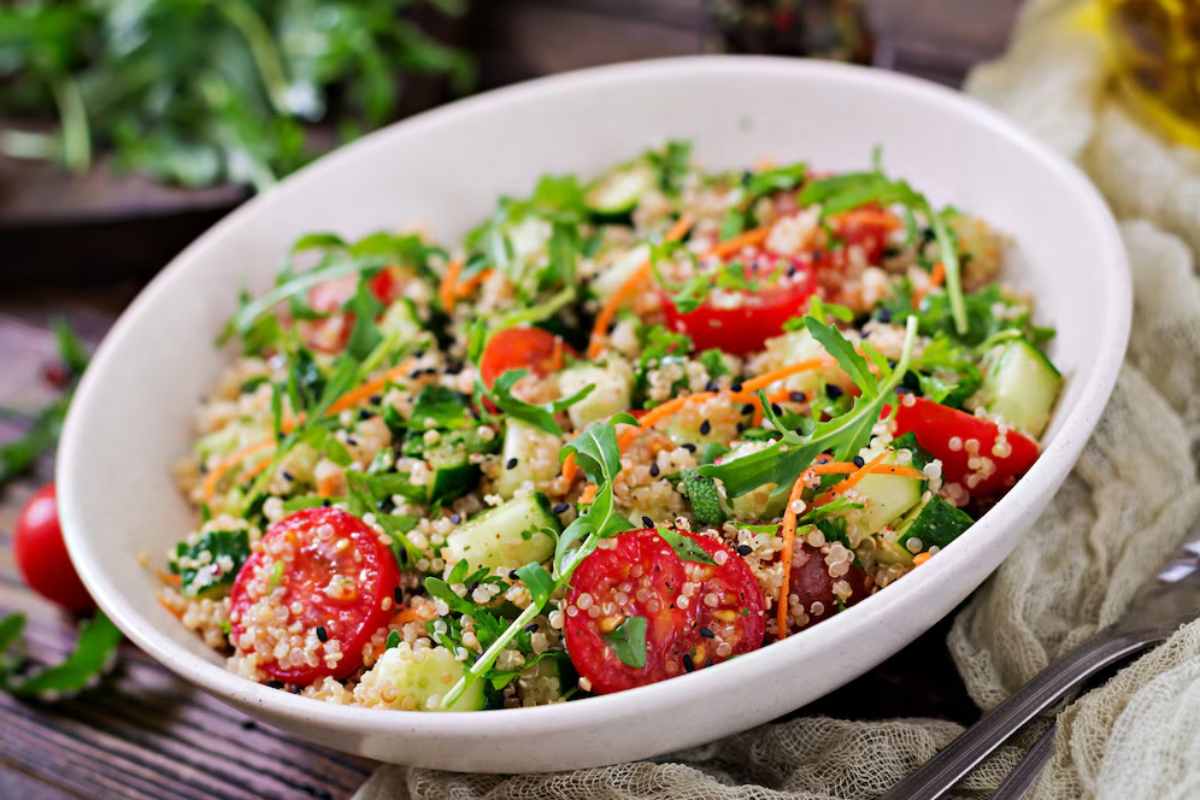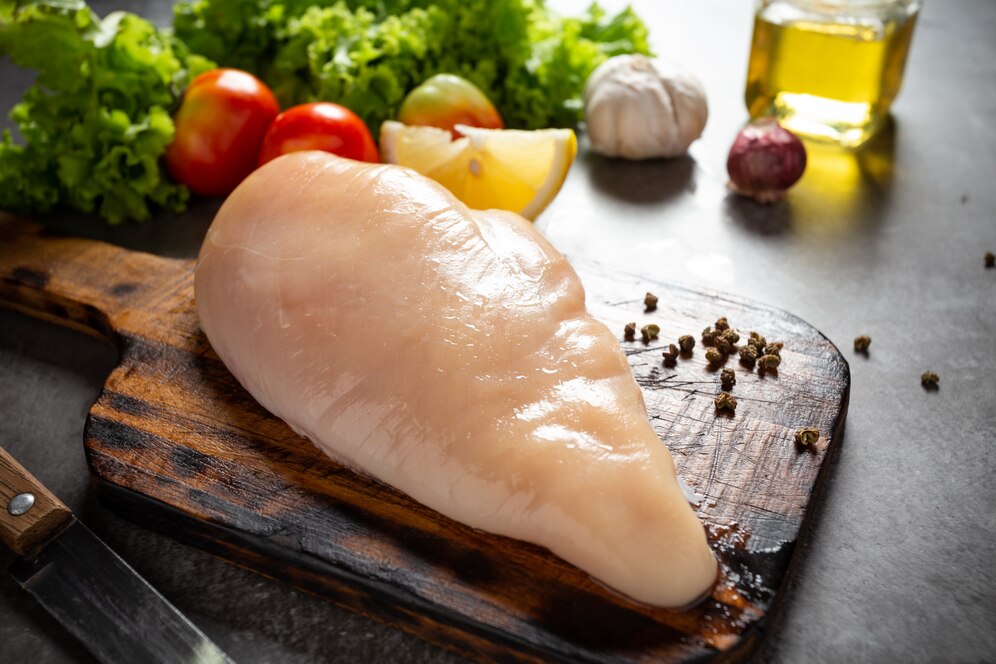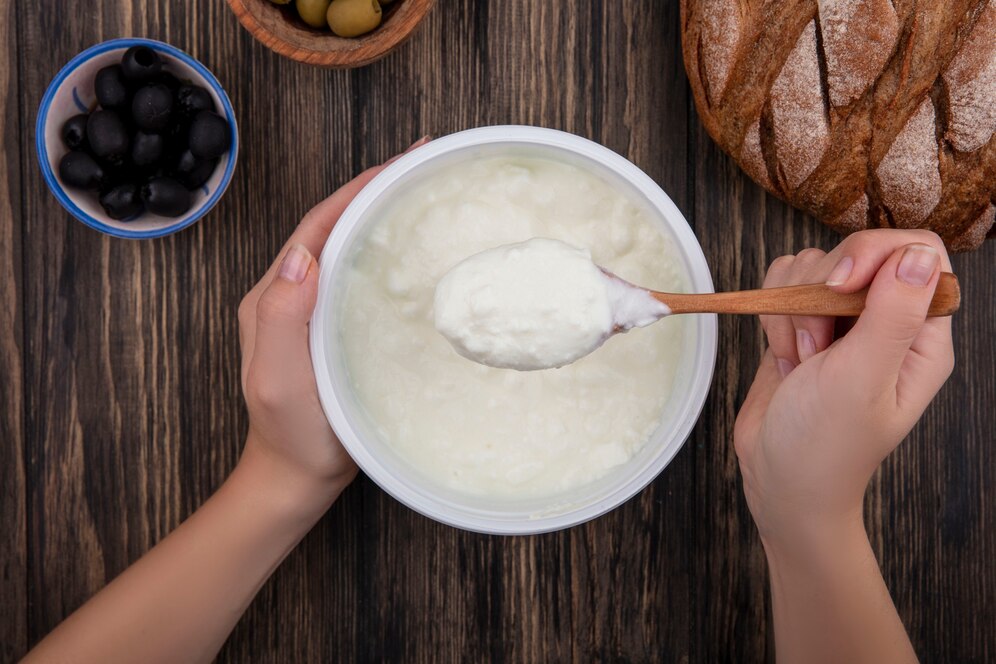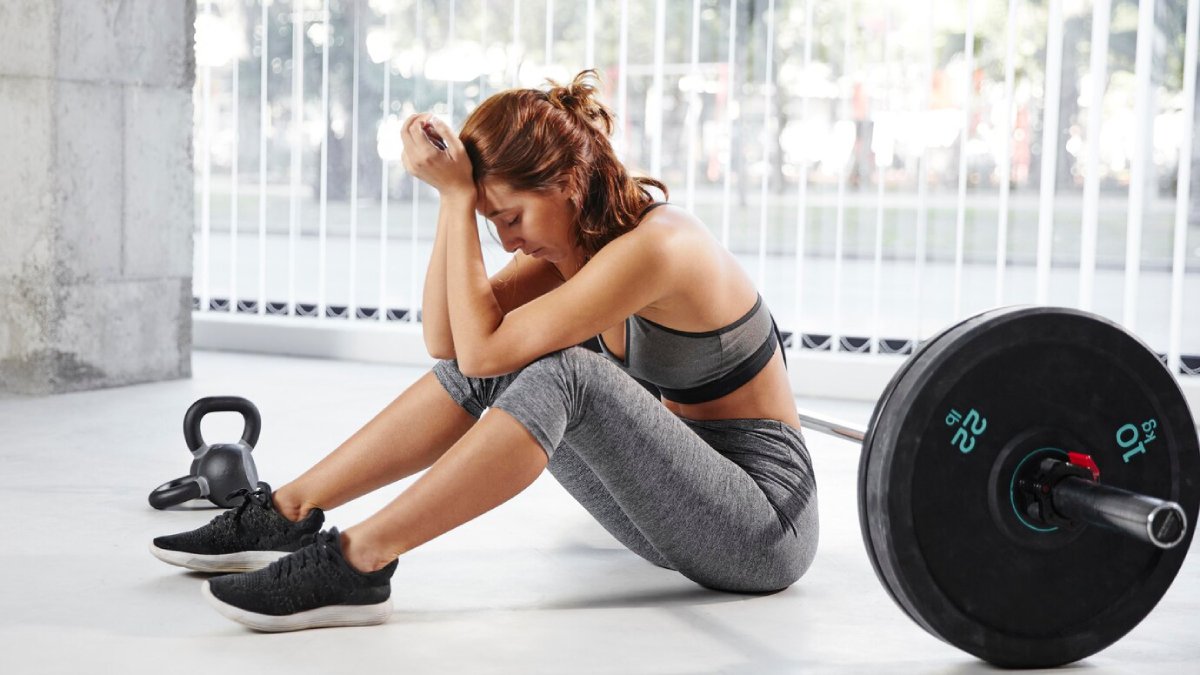
Top 10 Muscle-Building Foods You Need to Eat
Every fitness lover, athlete and healthy individual has one goal — to build muscle. Whether you’re a seasoned pro bodybuilder or just starting, understanding how nutrition fuels muscle building is key. Exercise matters, but so does what you eat. In this guide, we will cover the best muscle-building foods you can add to your diet — 10 items in total. These foods contain sufficient amounts of protein and other necessary nutrients, which are essential for muscle recovery and growth.
Key Benefits of a High-Protein Diet for Muscle Building

Lean muscle requires a high-protein dietary intake. Muscle tissue is comprised of protein. Here’s why it matters:
- Muscle Repair and Growth: After workouts, protein provides your body with the amino acids necessary for repairing and building muscle.
- Reduced Muscle Soreness: Adequate protein intake may help minimise muscle soreness and accelerate recovery. That means you can exercise more frequently and more efficacious.
- Feeling Satiated & Weight Management: High-protein foods keep you feeling fuller longer. This makes unhealthy snacking less likely and supports weight goals.
- Higher Satiety and Aiding Weight Loss: Protein takes more energy to digest than fats and carbs. Thus, your body burns more calories than when comparing processing it.
- Improved Performance: Adequate protein intake improves overall performance during physical activities, allowing you to exercise more intensely.
Top 10 Muscle-Building Foods

1. Chicken Breast
Chicken breast is a must for anyone aiming to build muscle. It’s lean and has high protein content. A 100g serving packs about 31g of protein.
Grill, bake or stir-fry it with veggies for a nutritious meal.
2. Eggs
Eggs are nutrient-rich, offering high-quality protein, healthy fats, and vital vitamins. One large egg has about 6g of protein, plus vitamin B12 and choline for muscle health.
You can make an omelette, have boiled eggs as a snack, or scramble them with veggies for a protein boost.
3. Greek Yoghurt
Greek yoghurt is loaded with protein and calcium, which are crucial for muscle health. It has more protein than regular yoghurt, with 10g per 100g serving. Plus, it’s rich in probiotics for gut health.
Enjoy it as a post-workout snack, or blend it into smoothies and parfaits.
4. Quinoa
Quinoa is a complete protein containing all nine essential amino acids. It also offers carbs for energy during workouts. A 100g serving of cooked quinoa has about 4g of protein.
Use it as a salad base or serve it as a side with your favorite protein.
5. Salmon
Salmon is rich in high-quality protein and omega-3 fatty acids, which help reduce inflammation and support recovery. A 100g serving contains roughly 25g of protein.
Grill or bake it for a nutritious dish, or enjoy smoked or canned salmon for convenience.
6. Lentils
Lentils are a great plant-based protein source of fibre, iron, and folate. They’re perfect for vegetarians and vegans. A 100g serving of cooked lentils has about 9g of protein.
Add them to soups, stews, or salads for a hearty meal.
7. Cottage Cheese
Cottage cheese is high in casein protein, a slow-digesting protein that releases amino acids steadily. This makes it a great bedtime snack for muscle recovery. A 100g serving contains around 11g of protein.
Enjoy it with fruit or nuts, or spread it on whole-grain toast.
8. Almonds
Almonds are a nutrient-dense snack that provides healthy fats and protein. A 28g serving has about 6g of protein and vitamin E and magnesium for muscle function.
Snack on almonds or add them to yoghurt, oatmeal, or salads.
9. Beef
Beef is a great source of high-quality protein, iron, and creatine—key for muscle growth. A 100-g serving of lean beef has about 26g of protein.
Choose lean cuts like sirloin and enjoy them grilled, roasted, or stir-fried.
10. Tofu
Tofu is a versatile plant-based protein that contains essential amino acids, calcium, and iron. It’s perfect for vegans or vegetarians. A 100-g serving provides about 8g of protein.
Use tofu in stir-fries, curries, salads, or marinate and grill it for a tasty dish.
Additional Expert Tips & Common Mistakes to Avoid
Expert Tips
- Balance Your Macronutrients: Protein is key, but don’t forget carbs and fats for energy and health.
- Stay Hydrated: Drink enough water for muscle function and recovery.
- Plan Your Meals: Meal planning helps you stick to high-protein options and avoid poor choices.
Common Mistakes
- Neglecting Post-Workout Nutrition: Eating protein and carbs after workouts is vital for recovery.
- Over-relying on Supplements: While they’re handy, protein supplements shouldn’t replace whole foods.
- Ignoring Portion Sizes: Even healthy foods can lead to weight gain if eaten excessively.
Add these Foods to Your Diet: Take the First Steps

Adding these 10 muscle-building foods to your diet can maximise muscle growth and recovery. To achieve your fitness goals, a balanced diet, including protein from various sources, carbohydrates, and healthy fats, is a must. If you optimise nutrition to build muscle the right way and follow these strategies, you should probably be able to fine-tune your diet to increase your chances of success.
Begin incorporating these foods into your meals today, and feel closer to a more substantial, healthier body!


